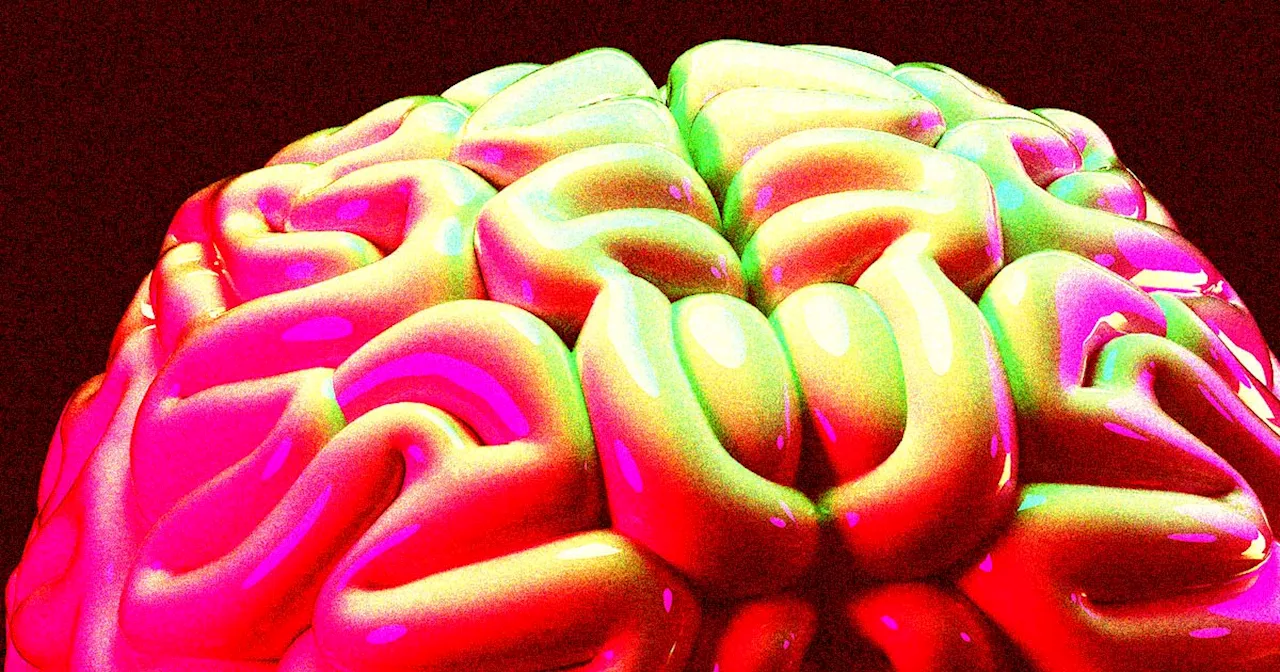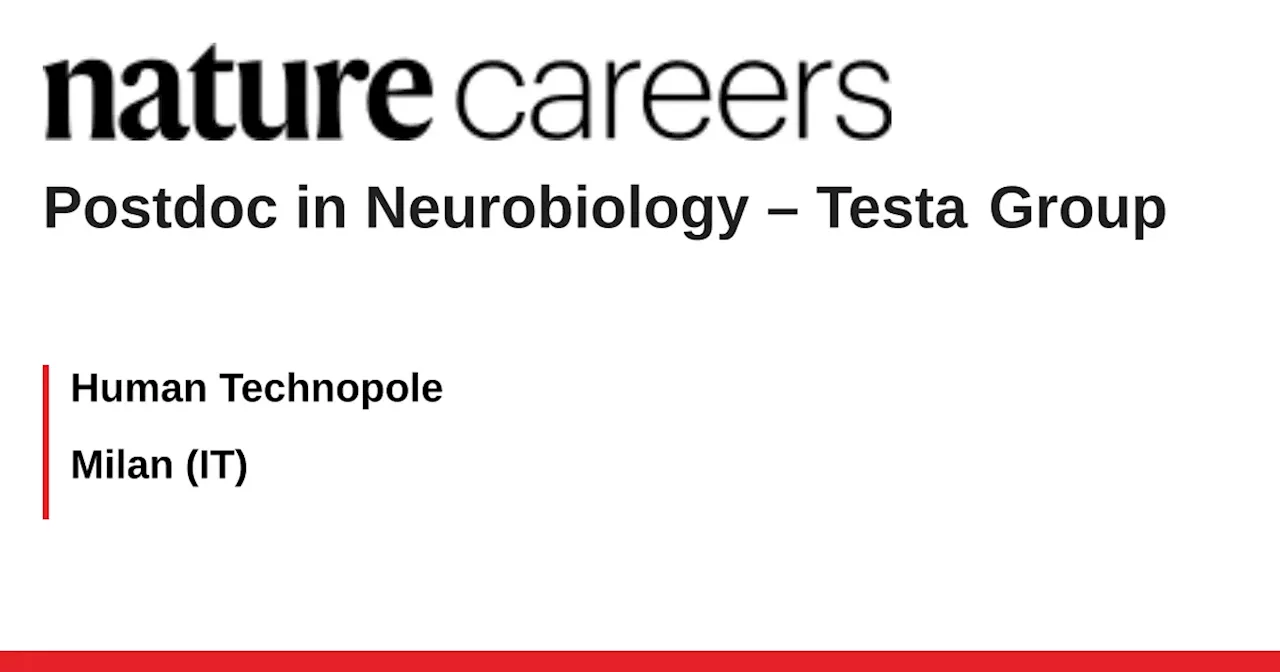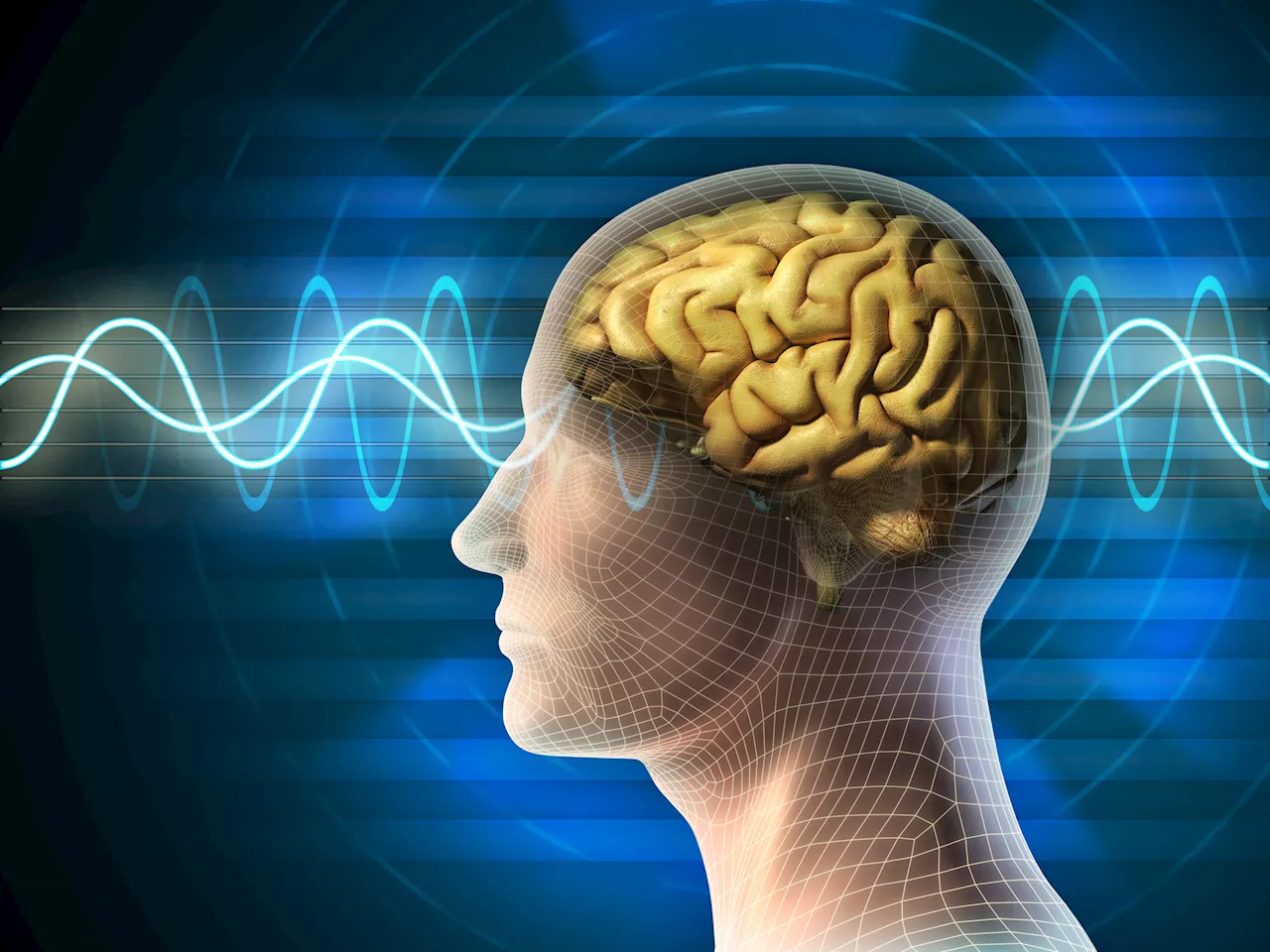Scientists at Caltech have discovered that the human brain processes information at a rate of just 10 bits per second, significantly slower than the billions of bits per second received by our sensory systems. This finding, published in Neuron, highlights the brain's remarkable ability to filter vast amounts of sensory input and focus on what's important, but also raises questions about the limitations of our cognitive abilities.
Scientists at the California Institute of Technology have uncovered a surprising truth about the speed of human thought: our brains process ideas at a rate of just 10 bits per second. Compared to the billion bits per second our sensory systems gather from the world around us, this is astonishingly slow. Led by Markus Meister and graduate student Jieyu Zheng, researchers used information theory to analyze behaviors such as reading, writing, and solving puzzles.
This new research could have lasting impacts on scientists' attempts to create brain-computer interfaces. This highlights a peculiar aspect of human cognition: we can process only one thought at a time, unlike our sensory systems, which operate in parallel. The researchers suggest that this limited speed of human thought may have evolutionary roots. Early creatures with nervous systems used their brains primarily for navigation—finding food and avoiding predators.
TECHNOLOGY BRAINS COGNITION EVOLUTION SENSORY SYSTEMS
United States Latest News, United States Headlines
Similar News:You can also read news stories similar to this one that we have collected from other news sources.
 Scientists Quantified The Speed of Human Thought, And It's a Big SurpriseThe Best in Science News and Amazing Breakthroughs
Scientists Quantified The Speed of Human Thought, And It's a Big SurpriseThe Best in Science News and Amazing Breakthroughs
Read more »
 Human Brain's Processing Speed Is Shockingly SlowA new study from Caltech reveals that the human brain processes information at a remarkably slow rate of only 10 bits per second, raising questions about how our brains filter vast amounts of sensory data.
Human Brain's Processing Speed Is Shockingly SlowA new study from Caltech reveals that the human brain processes information at a remarkably slow rate of only 10 bits per second, raising questions about how our brains filter vast amounts of sensory data.
Read more »
 Bird Flu Mutations Raise Concerns, But No Human-to-Human Spread ReportedA concerning development in the ongoing bird flu outbreak: A patient in Louisiana, with underlying health conditions, tested positive for the virus with mutations that could potentially make it more transmissible between humans. However, the CDC reports that there is no evidence of the virus spreading from this patient to others.
Bird Flu Mutations Raise Concerns, But No Human-to-Human Spread ReportedA concerning development in the ongoing bird flu outbreak: A patient in Louisiana, with underlying health conditions, tested positive for the virus with mutations that could potentially make it more transmissible between humans. However, the CDC reports that there is no evidence of the virus spreading from this patient to others.
Read more »
 Louisiana Patient's H5N1 Virus Shows Potential for Human-to-Human SpreadThe Centers for Disease Control and Prevention (CDC) announced that viral samples from a hospitalized patient in Louisiana with severe H5N1 avian influenza show genetic mutations that could make the virus spread more easily among humans. The mutations were found in the patient's samples but not in those from backyard poultry, suggesting they occurred within the patient. While the CDC maintains the risk to the general public is low, this development highlights the virus's ability to adapt to human airways.
Louisiana Patient's H5N1 Virus Shows Potential for Human-to-Human SpreadThe Centers for Disease Control and Prevention (CDC) announced that viral samples from a hospitalized patient in Louisiana with severe H5N1 avian influenza show genetic mutations that could make the virus spread more easily among humans. The mutations were found in the patient's samples but not in those from backyard poultry, suggesting they occurred within the patient. While the CDC maintains the risk to the general public is low, this development highlights the virus's ability to adapt to human airways.
Read more »
 Why Keanu Reeves Was Not In Speed 2 And What Happened To His Jack Traven CharacterKeanu Reeves in Speed with Jason Patric and Sandra Bullock from Speed 2.
Why Keanu Reeves Was Not In Speed 2 And What Happened To His Jack Traven CharacterKeanu Reeves in Speed with Jason Patric and Sandra Bullock from Speed 2.
Read more »
 Postdoc Position at Human Technopole: Modeling Human Neurodiversity with OrganoidsThe Neurogenomics Research Centre at Human Technopole is seeking a highly motivated Postdoctoral Researcher to work on organoid-based projects. The position focuses on modeling human neurodiversity and overcoming categorical distinctions in neuropsychiatric diagnosis using high resolution molecular and clinical phenotyping. Candidates should be passionate about understanding human neuropsychiatric conditions and have experience with single cell technologies, stem cell-based approaches, and bioengineered models.
Postdoc Position at Human Technopole: Modeling Human Neurodiversity with OrganoidsThe Neurogenomics Research Centre at Human Technopole is seeking a highly motivated Postdoctoral Researcher to work on organoid-based projects. The position focuses on modeling human neurodiversity and overcoming categorical distinctions in neuropsychiatric diagnosis using high resolution molecular and clinical phenotyping. Candidates should be passionate about understanding human neuropsychiatric conditions and have experience with single cell technologies, stem cell-based approaches, and bioengineered models.
Read more »
